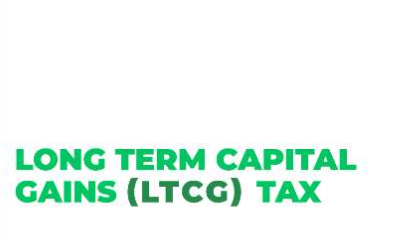What is LTCG Tax?
The long-term capital gains (LTCG) tax system underwent substantial modifications in the Union Budget for 2024–2025; most notably, the indexation advantage was eliminated. Taxpayers were confused and concerned about this choice, but the government clarified it and insisted that the adjustments would be beneficial in the majority of cases.
What is Indexation?
The process of indexation involves modifying an asset’s acquisition price to reflect inflation during the asset’s holding period. It is possible to compute capital gains or losses upon sale more precisely by updating the acquisition cost. Because it accounts for the depreciation of money’s purchasing power owing to inflation, the adjusted figure—also referred to as the indexed cost of acquisition—reflects a more realistic number.
Impact of Withdrawal of Indexation Benefit
Because the indexation benefit is no longer available, earnings from asset sales may seem inflated without taking inflation into account. If tax rates stay the same, this could mean that taxpayers owe more in taxes. Those who have owned assets for a long time may be most impacted by this.
Changes in the LTCG Regime
The LTCG tax rate is being lowered from 20% to 12.5% under the recently announced new regime, which also does away with indexation for determining gains on assets like gold and real estate. The fair market value as of April 1, 2001, will be applied as the acquisition cost for assets acquired prior to that date; this exception is meant to reduce the tax burden on inherited properties.
Government’s Justification
The government claims that by eliminating distinct tax rates for different asset classes, this streamlining of the capital gains tax system benefits the majority of taxpayers. They contend that real estate nominal gains frequently outpace inflation, indicating possible tax benefits under the new system.
Criticism and Grandfathering Issues
Opponents draw attention to the absence of grandfathering clauses, which would have permitted older transactions to continue to be subject to older tax laws through July 2024. Long-term investors are concerned about this move because, in the absence of transitional relief measures, their tax bills may rise. According to the government, the lower tax rate makes up for the lack of grandfathering benefits.
Month: Current Affairs - July, 2024
Category: Economy & Banking Current Affairs








